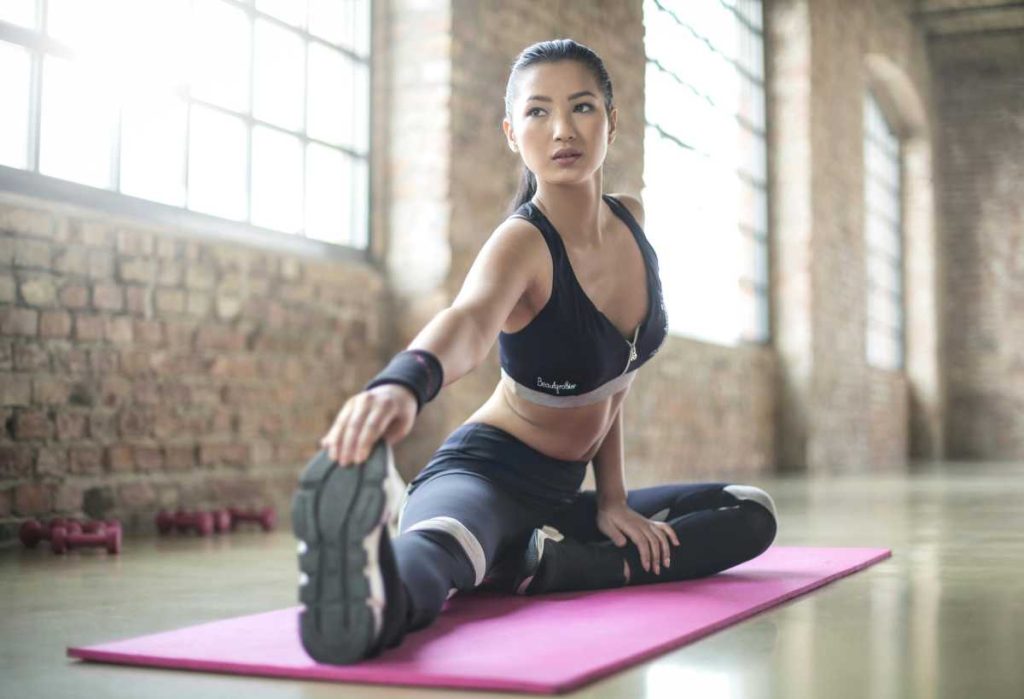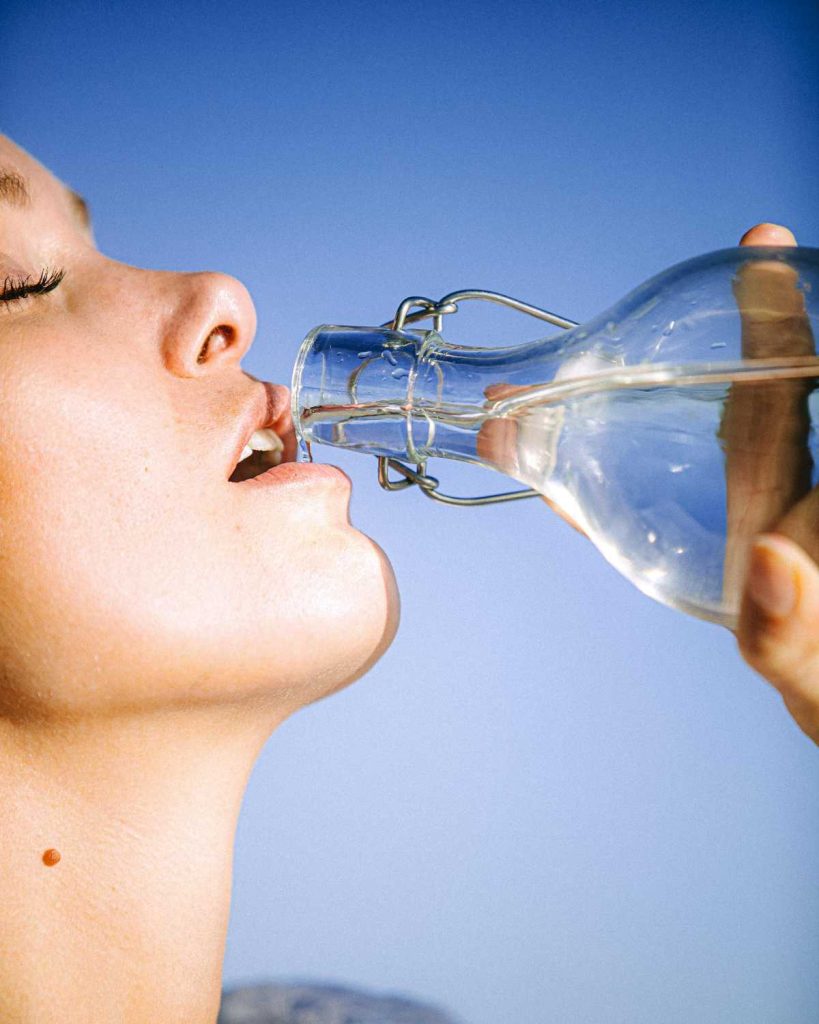Physical self-care is an essential aspect of overall well-being, yet it is often overlooked in the hustle and bustle of daily life. As we juggle responsibilities—whether at home, work, or in our social lives—taking the time to nurture our physical health can fall by the wayside. However, prioritizing physical self-care can lead to increased energy levels, better mood, and improved overall health. This blog explores the importance of physical self-care and provides practical strategies to incorporate it into your daily routine.
1. Understanding Physical Self-Care
Physical self-care refers to the intentional activities that promote the health and well-being of your body. This can include regular exercise, healthy eating, sufficient rest, and maintaining good hygiene. By taking care of your physical health, you’re investing in your ability to function at your best and enjoy life to the fullest.
Components of Physical Self-Care
- Nutrition: Eating a balanced diet rich in fruits, vegetables, whole grains, and lean proteins supports bodily functions and overall health.
- Exercise: Engaging in regular physical activity helps maintain a healthy weight, improves mood, and boosts energy levels.
- Rest: Getting adequate sleep is crucial for recovery and maintaining mental clarity. Sleep is when the body heals and rejuvenates.
- Hygiene: Practicing good personal hygiene promotes health and self-esteem, impacting your physical and mental well-being.
Benefits
Emphasizing physical self-care not only improves health but also enhances emotional resilience and stress management. By taking care of your body, you’re setting the foundation for a balanced and fulfilling life.

2. Establishing a Balanced Nutrition Plan
Nutrition plays a critical role in physical self-care. What you eat directly impacts your energy levels, mood, and overall health. Developing a balanced nutrition plan can help you feel more energetic and focused throughout the day.
Tips for Healthy Eating
- Plan Meals: Take time each week to plan meals, focusing on incorporating a variety of food groups. Having a plan helps you make healthier choices and avoids last-minute unhealthy options.
- Stay Hydrated: Drinking plenty of water is essential for physical health. Aim for at least eight glasses of water a day, adjusting for your activity level and climate.
- Mindful Eating: Practice being present while eating. Pay attention to hunger cues, savor each bite, and avoid distractions. Mindful eating can lead to better digestion and satisfaction with meals.
Benefits
A balanced nutrition plan supports optimal bodily functions, boosts energy levels, and improves mood. Eating well also fosters a sense of accomplishment and well-being, contributing to overall happiness.
3. Incorporating Regular Exercise
Physical activity is a cornerstone of self-care. Regular exercise strengthens the body, enhances mood, and improves mental clarity. Whether through structured workouts or everyday movement, finding ways to stay active is essential for maintaining physical health.
Ways to Get Active
- Choose Enjoyable Activities: Engage in physical activities you enjoy, whether it’s dancing, hiking, cycling, or yoga. This makes exercise feel less like a chore and more like a fun part of your routine.
- Set Realistic Goals: Start with achievable fitness goals, such as walking for 20 minutes a day or attending a weekly fitness class. Gradually increase intensity or duration as you build endurance.
- Incorporate Movement into Daily Life: Look for opportunities to move throughout the day. Take the stairs instead of the elevator, go for a walk during lunch breaks, or do a short home workout.
Benefits
Regular exercise boosts energy levels, improves cardiovascular health, and releases endorphins, which enhance mood. Engaging in physical activity also promotes better sleep and helps reduce stress.

4. Prioritizing Quality Sleep
Sleep is a vital component of physical self-care, yet many people underestimate its importance. Adequate sleep is essential for physical recovery, mental clarity, and emotional stability. Establishing a healthy sleep routine can significantly impact overall well-being.
Tips for Better Sleep
- Create a Sleep Schedule: Go to bed and wake up at the same time every day, even on weekends. Consistency helps regulate your body’s internal clock.
- Establish a Bedtime Routine: Engage in calming activities before bed, such as reading, meditating, or practicing deep breathing exercises. This signals to your body that it’s time to wind down.
- Limit Screen Time: Reduce exposure to screens at least an hour before bed. The blue light emitted by phones, tablets, and TVs can interfere with your sleep cycle.
Benefits
Prioritizing sleep enhances physical recovery, boosts cognitive function, and improves mood. A well-rested body and mind are more resilient and better equipped to handle daily challenges.
5. Maintaining Good Hygiene

Personal hygiene is an often-overlooked aspect of physical self-care, yet it plays a significant role in overall health and self-esteem. Practicing good hygiene helps prevent illness, promotes confidence, and contributes to mental well-being.
Good Hygiene Practices
- Regular Showers and Baths: Regular bathing not only keeps you clean but also helps refresh your mind and body. Consider incorporating aromatherapy products for an added relaxation effect.
- Oral Care: Brush and floss your teeth regularly to maintain oral health. Healthy teeth and gums are essential for overall health and can prevent discomfort or illness.
- Grooming: Taking time for grooming activities, such as haircuts or skincare routines, can enhance self-esteem and body image, contributing to overall well-being.
Benefits
Practicing good hygiene promotes physical health, enhances self-confidence, and fosters a sense of control over your well-being. Feeling good in your body contributes to a positive mindset and improved self-image.
6. Listening to Your Body’s Needs
One of the most important aspects of physical self-care is developing a strong connection with your body. Learning to listen to your body’s signals can help you understand when you need rest, nutrition, or movement.
How to Tune In to Your Body
- Check In Regularly: Take a few moments each day to assess how your body feels. Are you tired? Hungry? Stressed? Acknowledging these feelings can guide your self-care choices.
- Respect Your Limits: Pay attention to signs of fatigue or stress. It’s okay to take a break when your body needs it, whether that means resting or scaling back on activities.
- Celebrate Your Body’s Strengths: Acknowledge what your body can do, focusing on strength and resilience rather than appearance. This mindset shift fosters a positive relationship with your body.
Benefits
Listening to your body cultivates awareness and promotes self-acceptance. This practice allows you to respond to your physical needs, enhancing overall well-being and self-care.
7. Finding Relaxation Techniques
Relaxation is a crucial component of physical self-care, helping to reduce stress and promote a sense of calm. Finding techniques that work for you can significantly enhance your ability to manage daily pressures.
Effective Relaxation Techniques
- Deep Breathing Exercises: Practice deep breathing to calm your mind and body. Inhale deeply through your nose, hold for a few seconds, and exhale slowly through your mouth.
- Progressive Muscle Relaxation: Tense and relax different muscle groups in your body to release physical tension. This practice helps promote relaxation and body awareness.
- Mindfulness and Meditation: Engage in mindfulness practices or meditation to center your thoughts and reduce stress. Even a few minutes of meditation can provide significant benefits.
Benefits
Incorporating relaxation techniques into your routine helps manage stress, improves mental clarity, and enhances physical health. Regular relaxation fosters a sense of peace and well-being.
8. Regular Health Check-ups
Regular health check-ups are an essential part of physical self-care. Preventive care helps catch potential health issues early, ensuring you maintain optimal health and well-being.
Importance of Check-Ups
- Routine Screenings: Stay up-to-date on recommended health screenings based on your age and health history. These can include blood pressure checks, cholesterol tests, and cancer screenings.
- Consultation with Healthcare Providers: Regular visits to your healthcare provider for check-ups and discussions about any concerns can help you stay informed about your health and address potential issues early.
- Follow-Up on Health Goals: Use check-ups as an opportunity to review health goals with your provider, adjusting your self-care practices as needed based on professional advice.
Benefits
Regular health check-ups provide peace of mind, help catch health issues early, and reinforce the importance of self-care. They empower you to take charge of your physical health proactively.
Conclusion
Physical self-care is a vital aspect of overall well-being, significantly impacting your mental and emotional health. By prioritizing nutrition, exercise, sleep, hygiene, and relaxation, you can create a solid foundation for a healthier, more fulfilling life. Remember, self-care is not selfish; it’s essential. By taking care of yourself physically, you equip yourself to handle life’s challenges with strength and resilience, leading to a happier, more balanced existence. Embrace the journey of physical self-care, and watch as your overall well-being flourishes.

